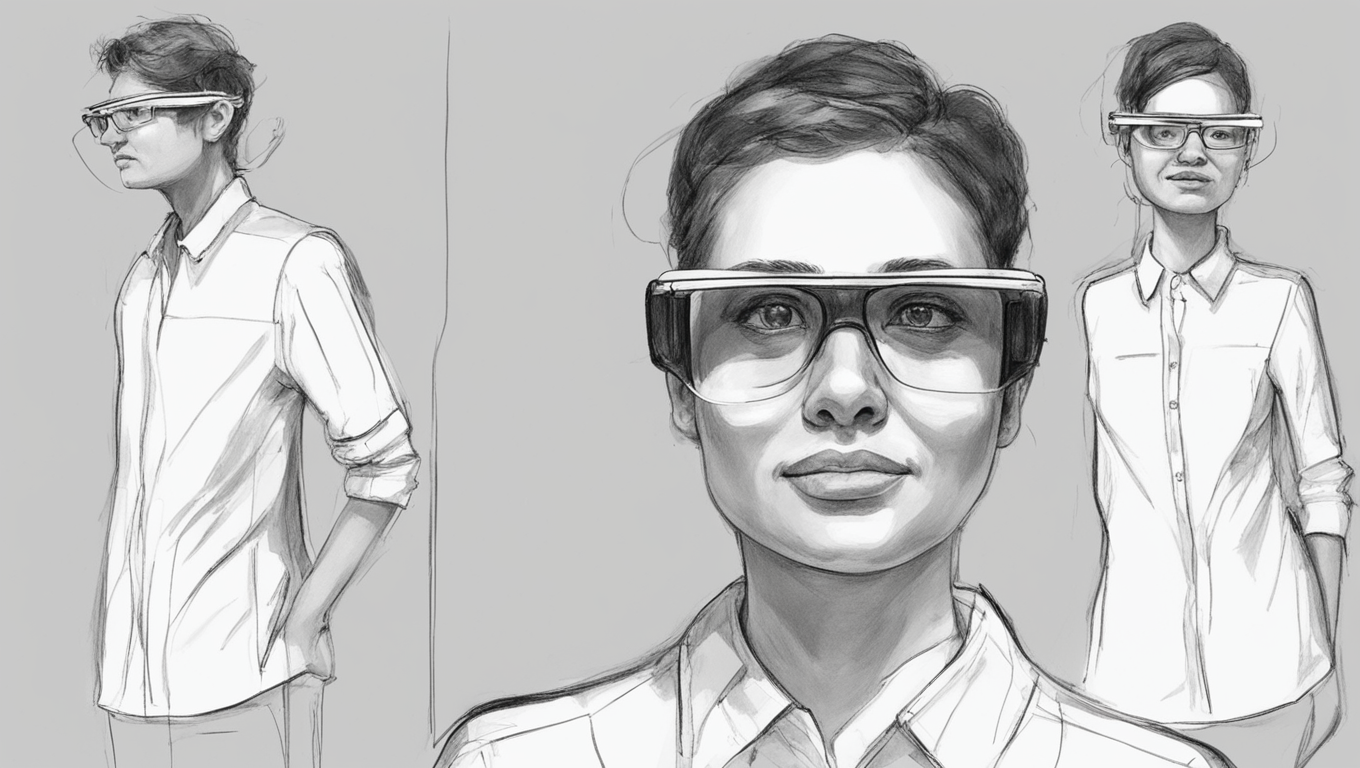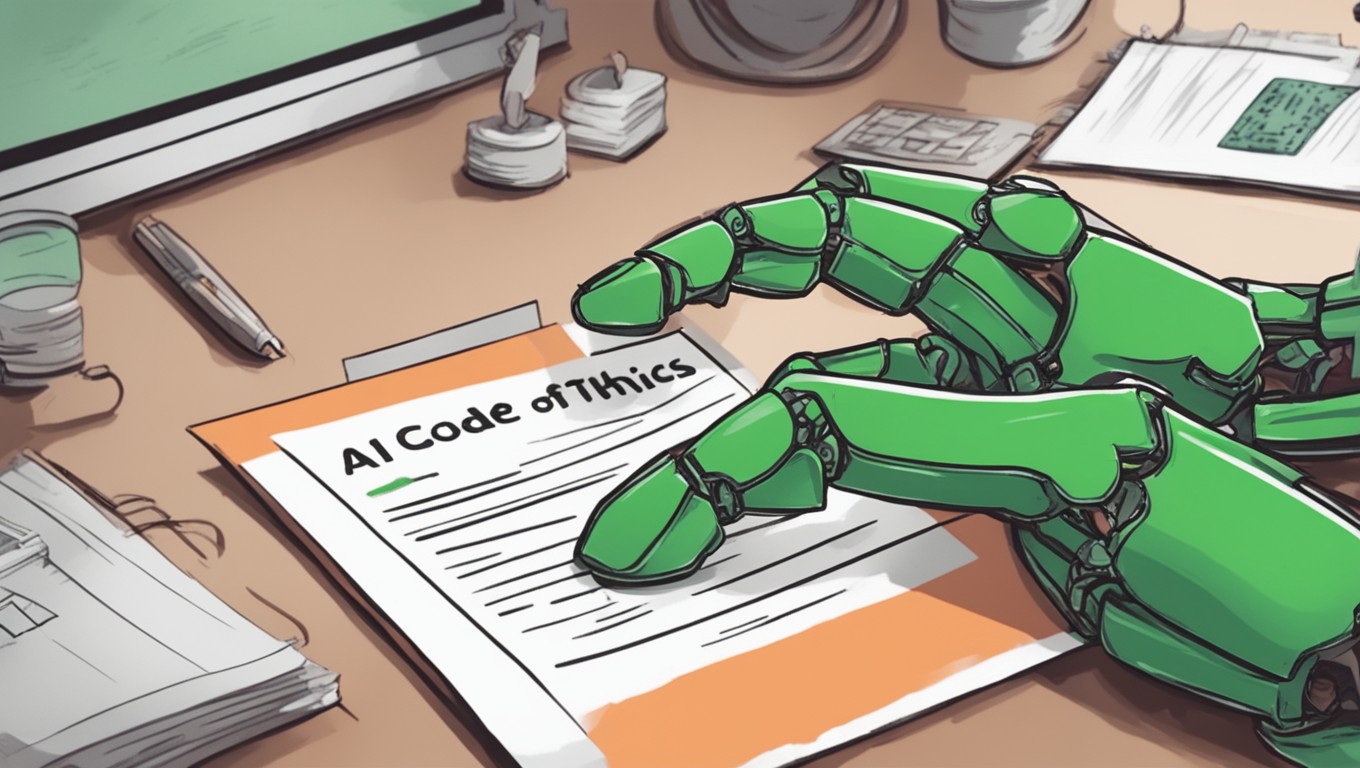Amidst the chaos of various attempts at regulating artificial intelligence (AI) on national and global levels, the United Nations (UN) is making its own strides towards issuing a set of recommendations for the governance of AI. The UN has formed an advisory body consisting of 39 members from different countries and sectors, tasked with providing recommendations on the establishment and function of a new international agency for AI governance. Already, the group has released an interim report titled “Governing AI for Humanity,” which presents measures to enhance AI governance, along with suggestions for ethical AI deployment, accountability, and inclusivity.
Carme Artigas, co-chair of the UN’s high-level advisory body on AI and Spain’s former minister for digitalization and artificial intelligence, emphasized the need for these recommendations to become binding in order to have a significant impact. Artigas highlighted the importance of accountability and stated, “Whatever we do must be binding, otherwise it makes no sense.” She issued this warning during a panel discussion at the World Governments Summit in Dubai, where several members of the UN advisory group gathered to share their perspectives.
The UN advisory body plans to release its final report later this year after an ongoing public consultation process. This report will precede the UN’s Summit of the Future. The United Arab Emirates (UAE) Minister for Artificial Intelligence, Digital Economy, and Remote Work Applications, Omar Al Olama, expressed support for the UN’s efforts to establish a global set of recommendations that strike a balance between optimism and pessimism regarding the potential effects of AI. Al Olama praised the UN’s ability to generate consensus and ensure pragmatic regulation, stating, “Seeing that balance was refreshing.”
For African countries that lack representation in other high-level international bodies focused on AI regulation, such as the G7 and the European Union, the UN’s process provides a realistic opportunity to participate in establishing standards for AI. Philip Thigo, an AI advisor to the Kenyan government and a member of the UN advisory group, highlighted the significance of the UN as the only multilateral global system that offers opportunities to countries in the Global South. Thigo stressed the urgent need for AI development to consider linguistic and cultural differences in order to benefit not only the Global North but also the rest of the world.
Amandeep Gill, the UN Secretary-General’s envoy on technology, pointed out the dominance of English data from North America underpinning current AI systems. Gill described this as “morally outrageous” and a practical issue given the need for diversity in data. During the same discussion, Gill cautioned government officials and business leaders about how AI would not only reshape the world of technology but also the practice of governance itself. He stressed the importance of finding a balance between preventing negative consequences while preserving space for innovation that could offer substantial benefits. “We don’t want to overregulate,” Gill stated, “But if we don’t manage the governance situation well, then we will lose the trust of the public.”
In conclusion, the UN’s advisory body on AI governance is working towards issuing a set of recommendations that could shape the future of AI regulation on a global scale. By considering inclusivity, accountability, and the need for balance, the UN aims to create a governance ecosystem that benefits all nations and ensures the ethical and responsible deployment of AI technology. As the UN proceeds with its public consultation process and prepares to finalize its report, the world waits to see how these recommendations will shape the future of AI governance.





Use the share button below if you liked it.